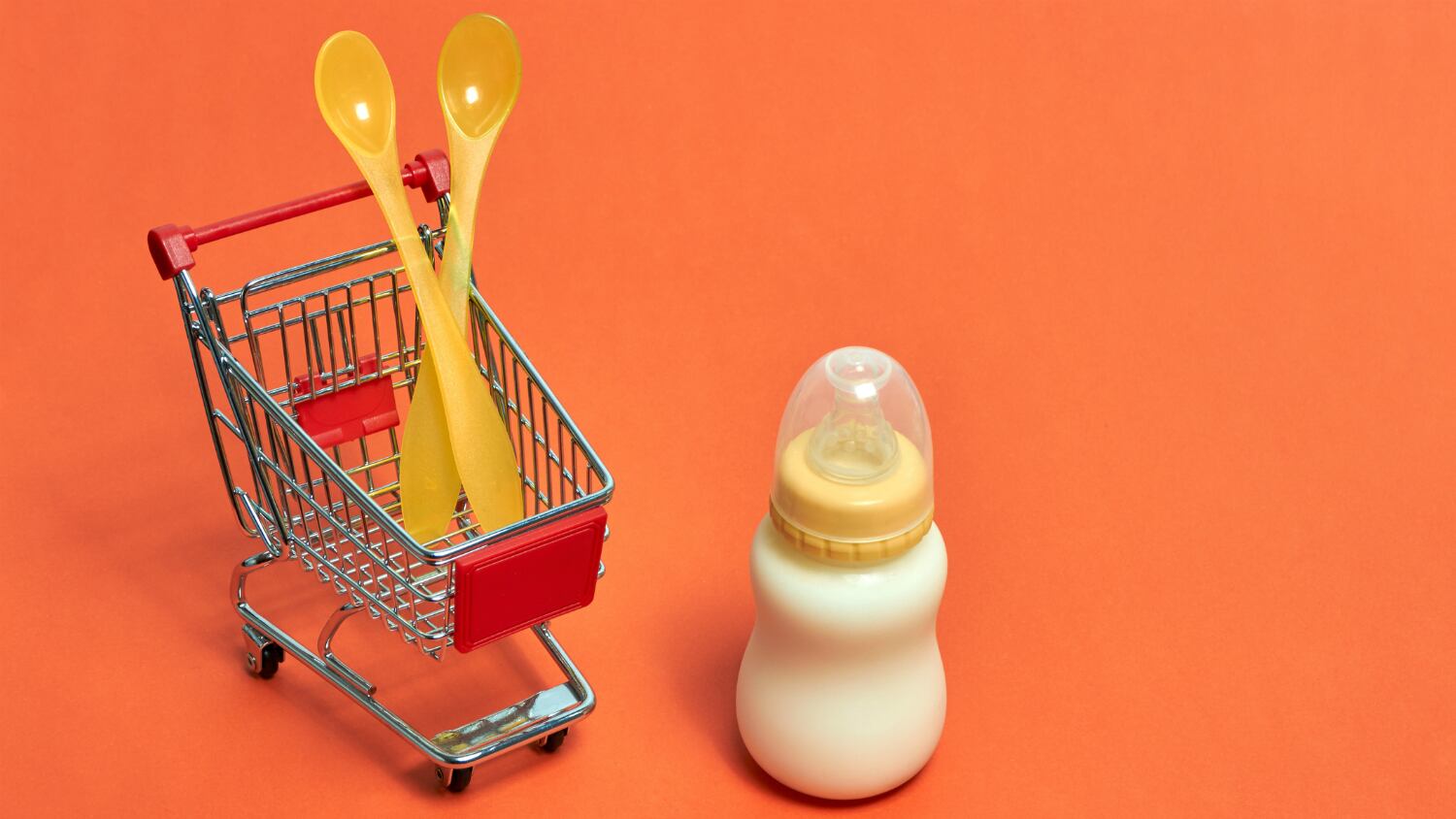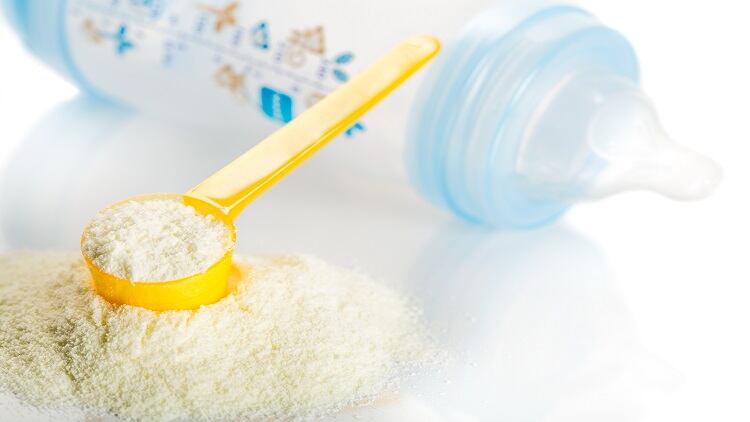The announcement was made on November 5 in Shanghai during Xi's keynote address at the opening ceremony of the China International Import Expo (CIIE), purportedly the world's first import-themed expo.
Amid a trade war with the US, this latest move is seen as a message from China to the rest of the world that its economy remains strong and stable, despite its economic growth having slowed down to 6.5% in Q3 this year — its lowest level since the global financial crisis of 2007 to 2009.
"Very welcome news"
While the animosity between the two countries continues, Xi's announcement during his address — attended by Australian trade minister Simon Birmingham, as well as major firms such as Blackmores, Swisse and Bellamy's — appears to spell good news for Australian supplement and health food companies.
Justin Howden, head of government affairs for H&H Group (owner of vitamin firm Swisse), said this provided "more certainty on continuing, stable policies and therefore, more impetus to continue to invest" in China.
Also at the trade fair was Carl Gibson, chief executive of Complementary Medicines Australia (CMA), who said, "It's true that China will simplify customs procedures to remove access barriers and keep the current CBEC policy, which was supposed to be stricter by the end of this year.
"China will expand its free trade zones, and provide more certainty and confidence for e-commerce rules for imported products — this is very welcome news for the Australian complementary medicines industry."
He added that growing Chinese demand for complementary medicines from an increasingly health-conscious population had brought the country's health food market to its current US$30bn value, with a projected annual growth of 10% until 2025.
With the Chinese government's Healthy China 2030 vision now central to its policymaking, Australian supplements and complementary medicines have even greater growth potential.
Already, over 50% of Australian exports are bound for China and Hong Kong, and Gibson said clearer e-commerce rules would serve only to strengthen Australia's prospects.
Corporate compliance without regulatory transparency?
However, some Australian firms — mainly those that rely on daigou sales for steady revenue — have expressed concerns.
In August, China's National People's Congress announced its plans to introduce stricter CBEC rules, though no details were revealed.
According to Austrade's website, merchants selling to China via e-commerce would need to register for a certificate that legally permits them to sell products online. Once again, any further details are scant.
Gibson said, "Compared to (companies that import to China via) daigou, other overseas companies are more welcome to import via other CBEC platforms, and the taxes will now be even lower."
A large number of Australian goods are imported into China through the daigou platform, including products from supplement firms like Blackmores and Swisse, as well as infant formula manufacturers like a2 Milk and Bellamy’s.
Speaking to NutraIngredients-Asia, ChemLinked manager Chris Wang said: "Daigou traders may be subject to taxes and government registration, and be required to obtain relevant licences.
"With stricter tax and licensing procedures as well as increasing costs, these personal shoppers may even have to face the shutdown of their business.
"The Chinese government wants to rectify the domestic daigou industry and protect consumer benefits, as there have been problems with fake goods and the leakage of private information."
Wang added that a recent case involving a daigou shopper who had smuggled ordinary goods into China had been widely reported, and could have contributed to the government's urgency in wanting to implement stricter rules.
The daigou trader in question was subsequently sentenced to 10 years' imprisonment and fined US$790,600.
Some Australian companies, on the other hand, are not quite as concerned. Jayne Hrdlicka, chief executive at the China-certified a2 Milk Company, said the new regulations would help to raise China's food safety standards, and that companies that comply with these rules needn't worry as they stand only to benefit.
Still, many industry experts think the constant opacity of Chinese CBEC regulations poses a great risk to companies that export to China.
John Dong, a lawyer specialising in e-commerce and law at the Yida Shanghai Law Firm, said the greater number of required administrative approvals was expected to shrink the volume of daigou purchases entering the market, but that despite these projections, plenty of uncertainty remained.




